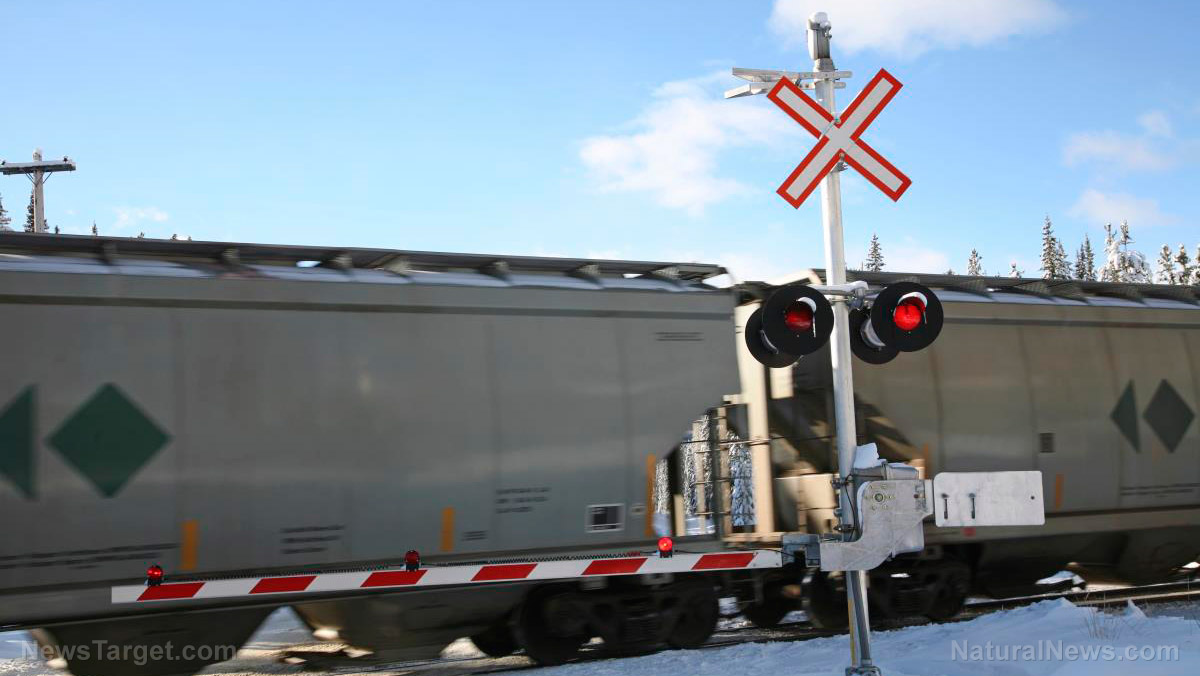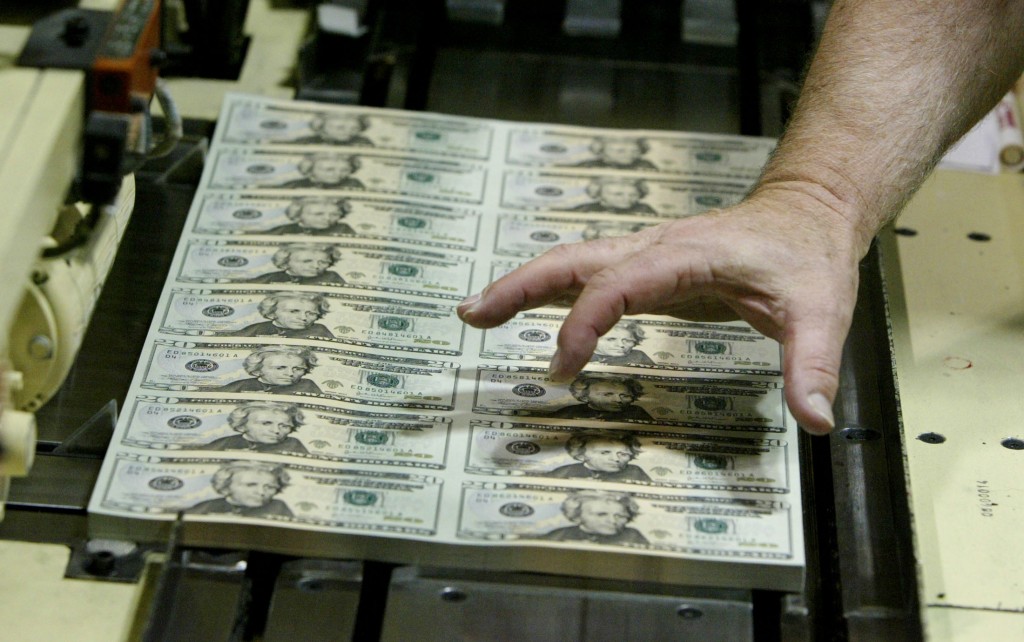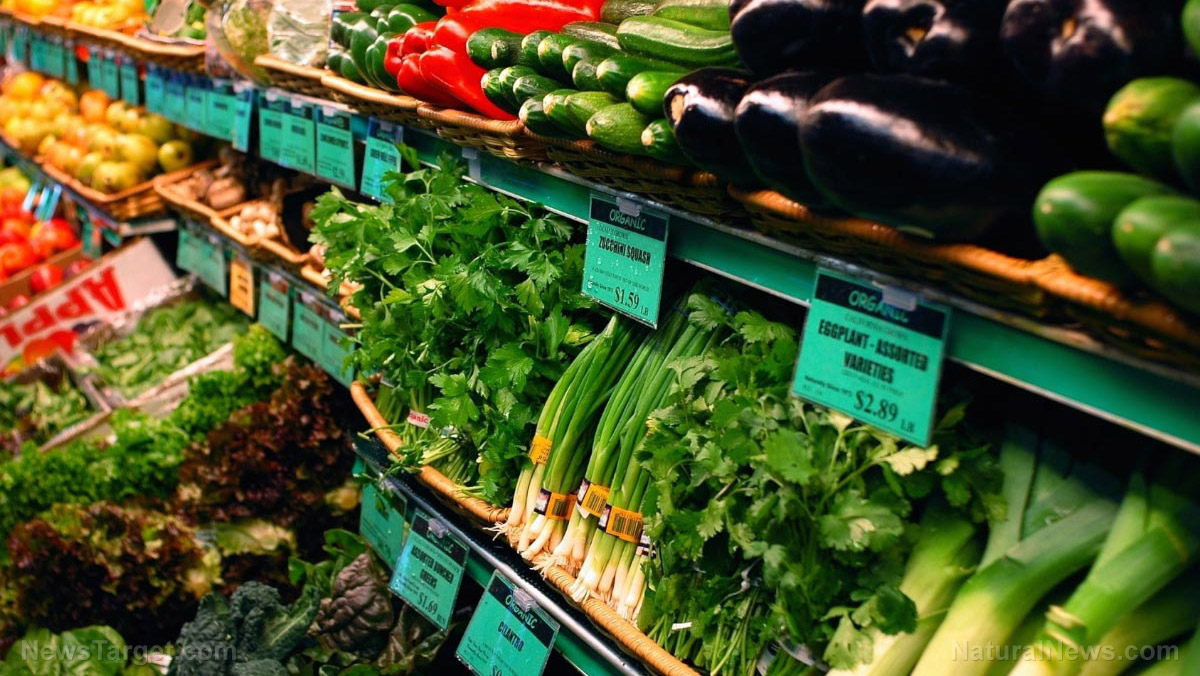 Parler
Parler Gab
Gab
Global food security on the line
Roughly one-third of the U.S. grain exports travel by rail, and work stoppage could cut down on the nation's ability to ship food to foreign nations, including East Africa and the Middle East. The American Farm Bureau Federation and other food coalitions and agricultural groups urged lawmakers to block the potential freight rail strike, warning of devastating consequences for global food security, putting in writing to top lawmakers on transportation committees that Congress "must be willing to act to ensure our farmers and ranchers can continue to help feed the world." U.S. rail workers could legally strike as soon as Friday, September 16, after the White House-appointed Presidential Emergency Board (PEB) released recommendations last month meant to bring railroads and unions closer to a deal. Several unions have already reached tentative agreements with railroads on a new contract based on the PEB recommendation, which calls for 24 percent raises over five years and back pay. However, it did not address workers' concerns about the grueling hours and their limited time off. Two of the largest unions, where the bulk of rail workers belong, are yet to strike a deal. A recent online survey from grassroots group Railroad Workers United has found that more than nine in 10 railroad workers would vote to reject the PEB recommendations and go on strike. If workers vote for a strike, Congress would likely intervene to block it and vote to fast-track a new contract. Visit FoodCollapse.com to learn more about how the railroad workers' strike could impact global food supply. Watch the video below to know how supply-driven inflation can affect the U.S. economy. This video is from The Red Express channel on Brighteon.com.More related stories:
Port of Los Angeles director: US supply chain at risk if rail service does not improve.
ALL railroad freight to potentially halt on July 18 due to national "labor strike."
New labor shortages, idle trains are worsening food shortages up and down supply chain.
Sources include: NewsNationNow.com USAToday.com Brighteon.comHRR Situation Update: US has a zombie economy where the Fed prints money and hands it to people
By Belle Carter // Share
Couples are now fighting while shopping as grocery prices soar to record highs
By Mary Villareal // Share
Amazon suspends construction of new warehouses in Spain
By Mary Villareal // Share
Bill Gates, WEF promoting dangerous GMO foods, fake foods
By Mary Villareal // Share
Governments continue to obscure COVID-19 vaccine data amid rising concerns over excess deaths
By patricklewis // Share
Tech giant Microsoft backs EXTINCTION with its support of carbon capture programs
By ramontomeydw // Share
Germany to resume arms exports to Israel despite repeated ceasefire violations
By isabelle // Share










